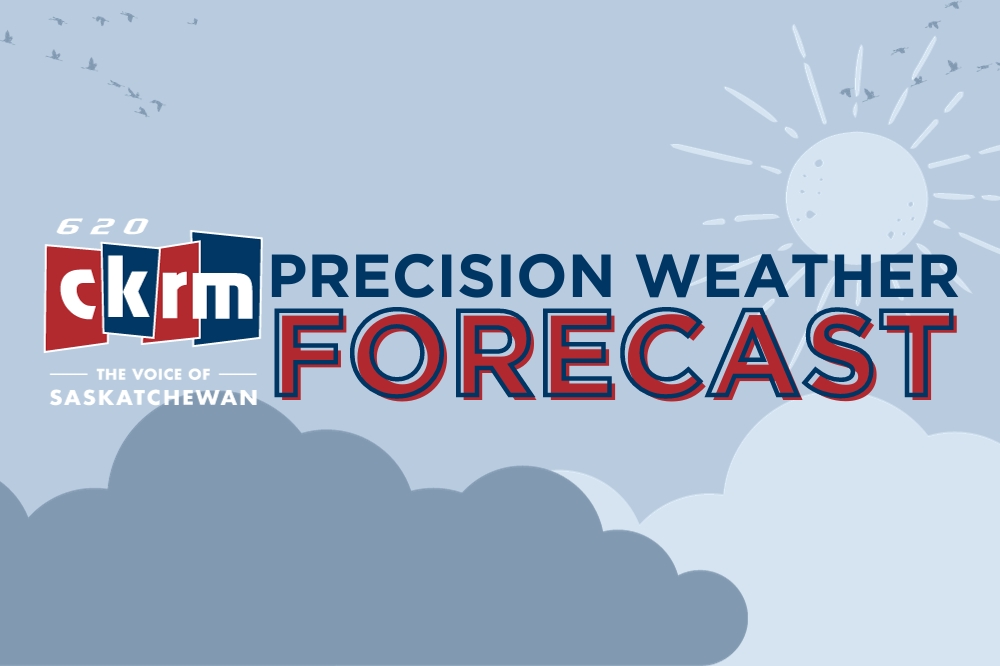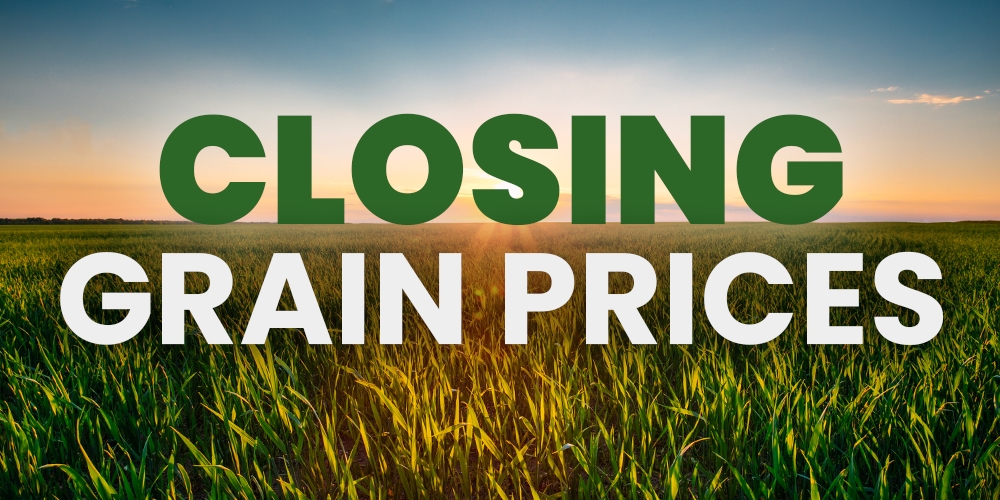While in Regina, the Federal Minister of Energy and Natural Resources Jonathan Wilkinson criticized Premier Scott Moe and Conservative Leader Pierrer Pollieve’s remarks about carbon pricing.
Wilkinson’s comments come after the federal Conservatives say they won’t be taking advice from “so-called experts” on climate policy after more than 200 economists signed an open letter challenging Poilievre’s stance on the price of carbon, and after Premier Scott Moe appeared before a federal committee to speak on carbon pricing.
Wilkinson aimed both leader’s stances on carbon pricing.
“On the one hand, we have 200 economists who are, in fact, experts on this subject, and on the other hand, we have a political leader who has been a career politician and whose entire career has been sitting on a chair in the House of Commons,” he said. “I think most reasonable people would be quite clear as to whose statements we should rely on.”
Sebastian Skamski, a spokesperson for Poilievre, said in a statement Wednesday questioned the legitimacy of the experts.
“Common-sense Conservatives will listen to the common sense of the common people, not Justin Trudeau’s so-called experts.”
Premier Moe also questioned the credibility of the economists who signed the letter Wednesday and dismissed their assertion that the carbon price was the least costly option.
“It’s not the least costly way in Saskatchewan.”
Moe claimed that some economists who signed the letter were appointed by the Liberal government to the Ecofiscal Commission in 2016.
The commission was established as an independent group of economists in 2014 when the Conservatives were in power in Ottawa and Stephen Harper was prime minister.
The group’s advisory board included people from all political stripes, including former Progressive Conservative Jean Charest.
Other members included former Liberal prime minister Paul Martin and former Alberta Progressive Conservative member of the legislative assembly Jim Dinning.
Wilkinson continued that carbon pricing is the best and most affordable way for Canadians to lower emissions.
“Not only is carbon pricing the lowest-cost way to reduce emissions, but it is also a measure that enhances affordability for Canadians. Eight out of 10 Canadians get more money back than they pay in carbon pricing,” he said. “That is direct and indirect costs, and this works in a manner that ensures that those living on modest income receive the largest net benefits.”
He noted both Moe and Pollieve have yet to offer any other solution to reduce emissions.
“Premier Moe and Pierre Pollieve would take away the rebates, and in doing so, they would not only abandon the fight against climate change, but they would also be making those most financially vulnerable in our society poorer, further to theirs being a policy position that is devoid of any basis in fact.”
He also criticized Premier Moe for his government’s announcement not to pay the carbon pricing, which violated federal laws.
Wilkinson said that Premier Moe has taken the discussion around carbon pricing to another level by deciding that He is essentially above the law and can determine which laws he will abide by and which he will not.
“I’m not sure how going forward, he will have the moral authority to tell and expect folks who live in this province to obey the laws that he passes through the provincial legislature,” he said. “Honestly, it is quite shocking for a political leader in this country to take a country very much based on the rule of law to take that position.”
Finally, Wilkinson criticized Moe’s comments during the House of Commons committee on carbon pricing when Moe said, “The goal is not for the big polluters to pay; the goal is for them to emit less,” during an exchange with NDP MP Alexandre Boulerice.
“How is it we shouldn’t make big polluters pay?” Boulerice demanded in French, accusing Moe of believing that “giant vacuum cleaners” will suck emissions out of the sky to solve climate change.
Moe said Saskatchewan’s industry and farmers have lowered their emissions and displaced products overseas with a higher carbon footprint.
“We are not climate laggards,” Moe said.
He insisted the carbon price makes it harder for families and businesses to lower their emissions.
Wilkinson said those comments took him by surprise and that the people of Saskatchewan deserve better than Premier Moe.
“They deserve a government that will work to further their best interests and not violate the laws of the land. They deserve a government that acknowledges climate change and has a plan to address it, one that includes emission reduction targets,” he said. “They deserve a government that has a thoughtful and ambitious strategy for growth and prosperity in what science tells us must be a lower-carbon future if we want to have a livable future for our children.”
Wilkinson once again called the Government of Saskatchewan to partner with the federal government to fight climate change together.
with files from The Canadian Press








